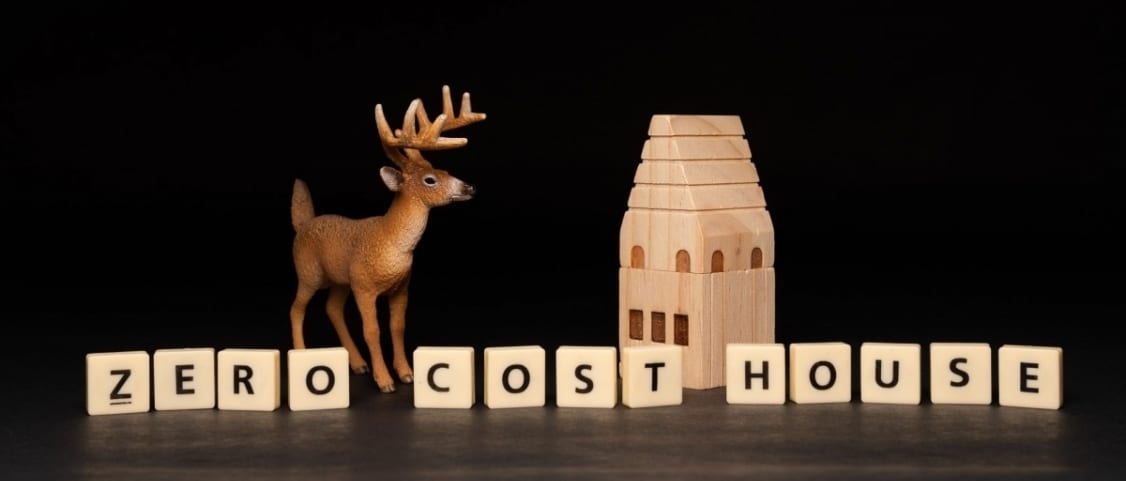Japanese-born playwright Toshiki Okada is the playwright for this Zoom moment. His play Zero Cost House about examining your present and previous selves is like watching yourself through the camera lens, the You and Not-You merging together. This complex, unconventional, self-referential play has Okada Past and Okada Present in frequent conversation, performed in a clever touch by rotating cast members. Okada’s twin selves are searching for the meaning of his changing realities and perceptions. The acclaimed playwright looks back at his youthful transformation, and forward again, and pivots from autobiography to a commentary on changing beliefs in politics, art, and even existence.
Director Dan Rothenberg is familiar with Okada’s work, having directed three of his previous plays, and here he employs players who have done this piece on the stage at both The Public Theater and The Philadelphia Live Arts Festival.
Okada weaves in another pair of selves in between his own – that of the American author Henry David Thoreau and his classic book Walden, and Kyohei Sakaguchi, the modern Japanese architect who built camp of “zero yen houses” made of found materials in Kumamoto, Japan after the 2011 earthquake and tsunami. Both are influential figures in Okada’s life, and we meet Thoreau via Zoom, ever the curmudgeon, and the equally perplexing, prickly, counter-culture figure of Sakaguchi, who also espouses a non-traditional view of existence.
Together they are a misunderstood clan, their art fiercely outside the norms, and Okada slowly begins merge the trio together as a unit of stubborn, arrogant, skeptics of modern society. Their non-conformist approaches clash with the people they are closest to, and with each other, but he paints them as spiritual brothers meeting across time and space.
The piece has some funny moments. Present Okada asks Thoreau, “Do you Google yourself?” He responds, “Every day.” (I thought, what a shame they can’t hear me laugh.) The piece is also interspersed with appearances by a pair of married white rabbits, who start out as Irish, then meet Thoreau, then become Japanese, and serve as a kind of Greek chorus who take in Thoreau’s lessons about how to live, to a shocking and sad conclusion.
Okada concludes that “to eschew the constructs of how we see reality is to be an artist”. That’s a resonant phrase, given the constructs of the reality we had only six months ago have been utterly decimated. In this pandemic era, every day brings the opportunity to pause on how we have lived and where we aim to land in this uncertain future. We are now all outsiders, in solitude, reflecting on our multiple selves and what reality means.

